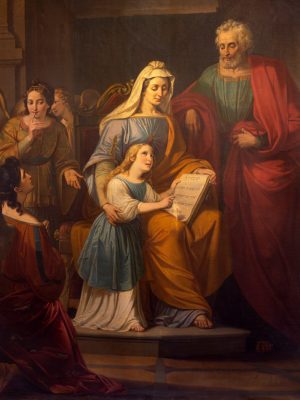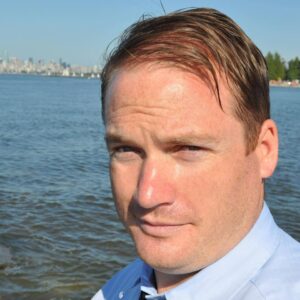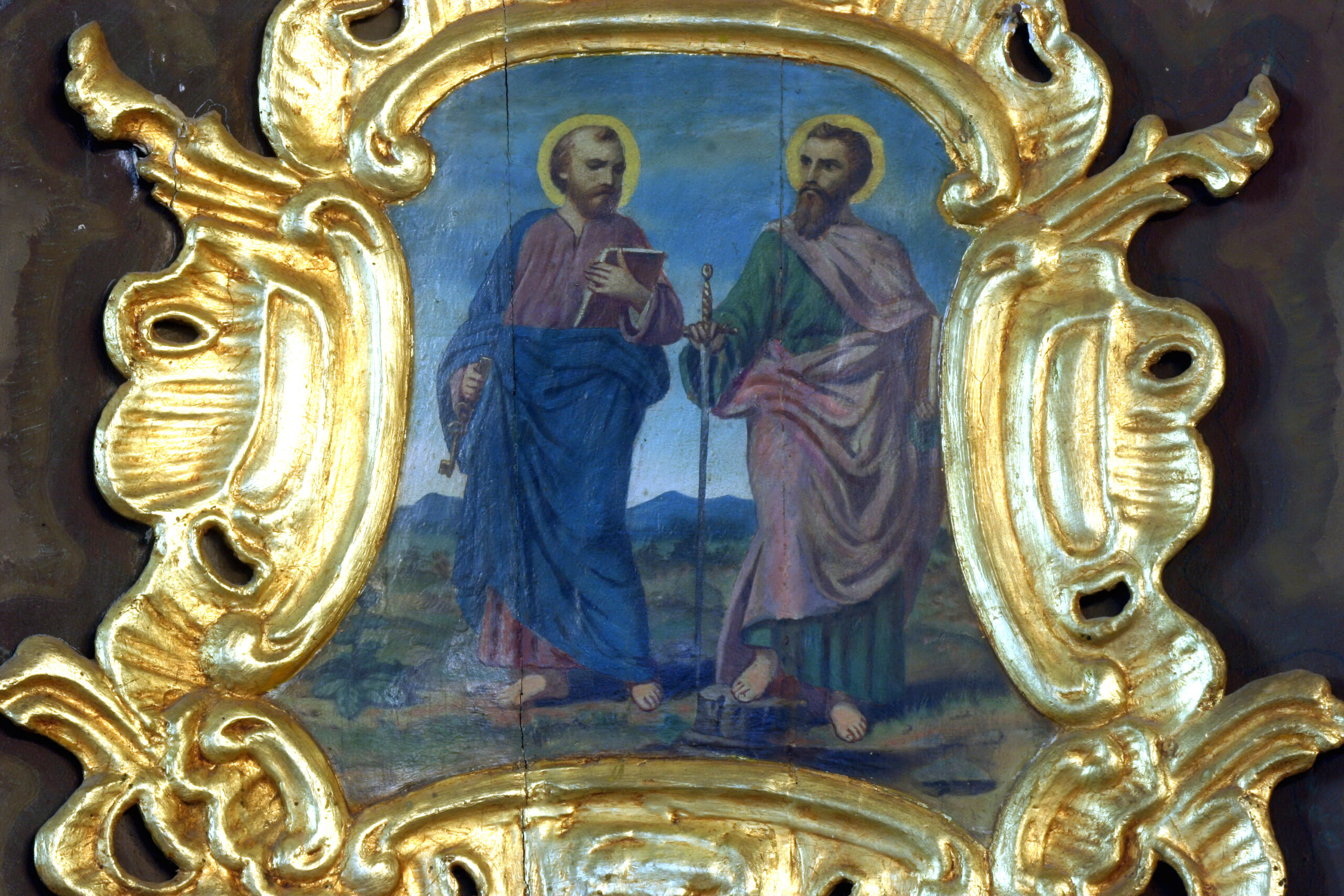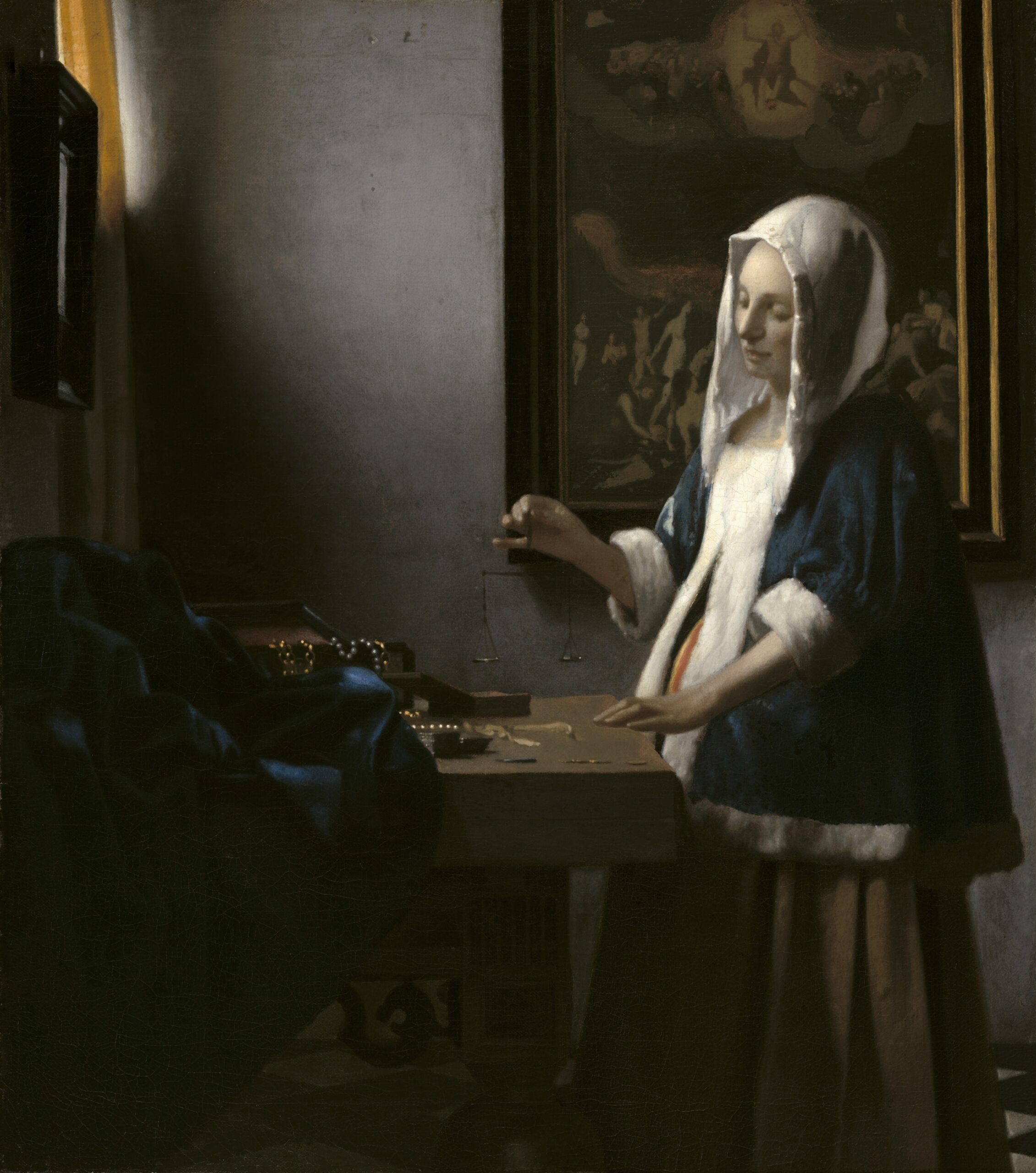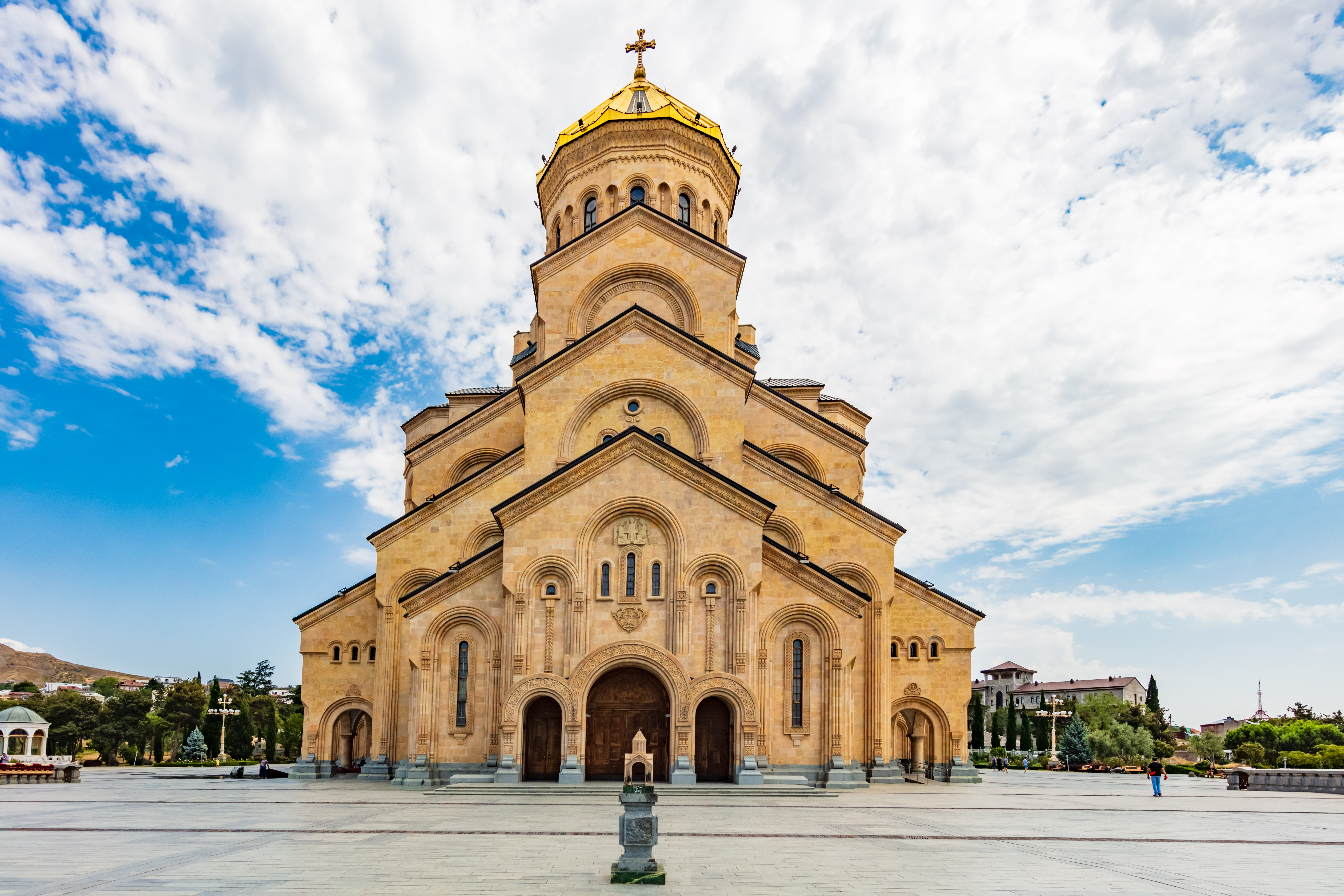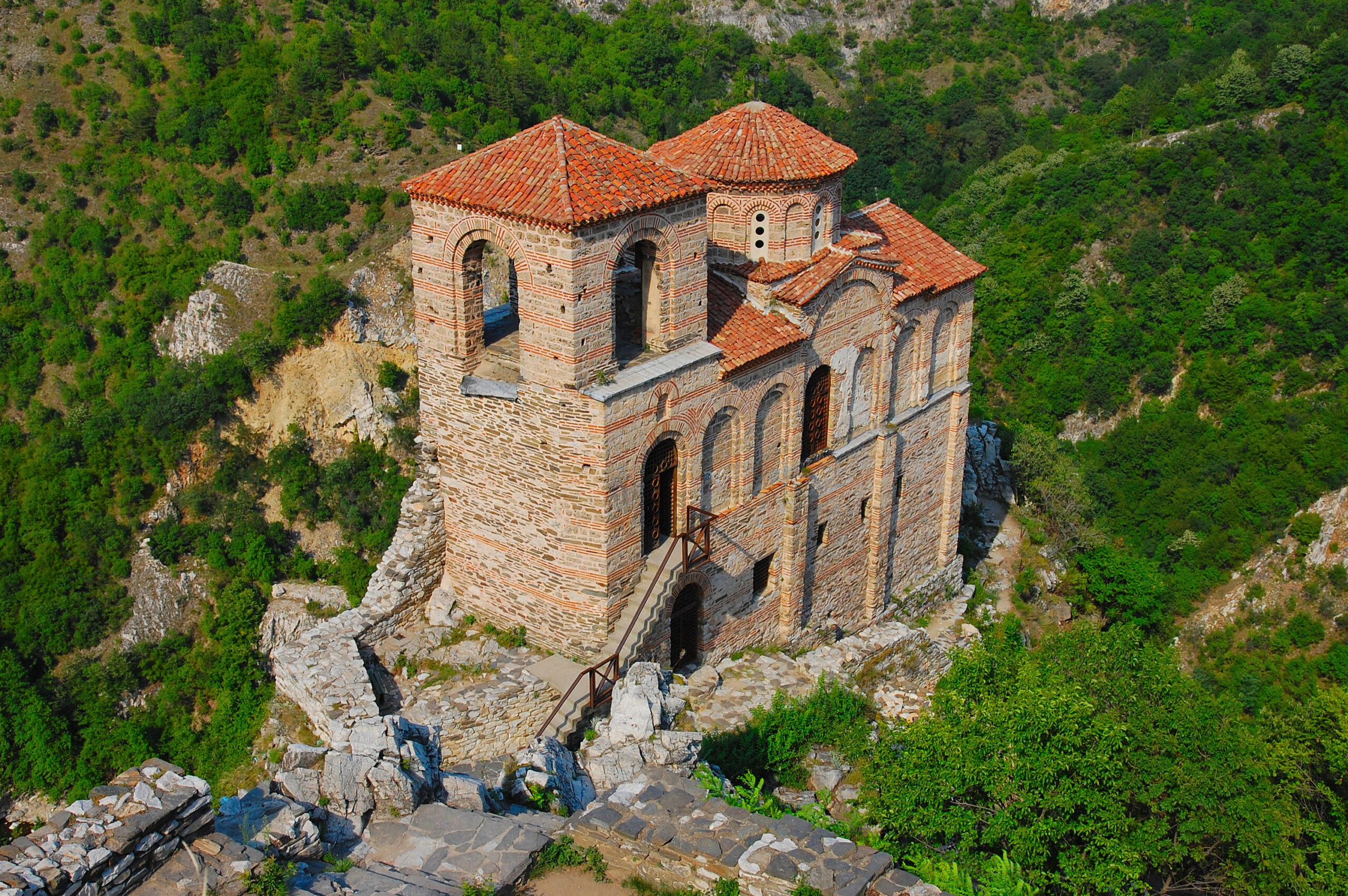“In the work of education, the family forms man in the fullness of his personal dignity according to all his dimensions, including the social dimension. The family, in fact, constitutes ‘a community of love and solidarity, which is uniquely suited to teach and transmit cultural, ethical, social, spiritual and religious values, essential for the development and well-being of its own members and of society.’ By exercising its mission to educate, the family contributes to the common good and constitutes the first school of social virtue, which all societies need. In the family, persons are helped to grow in freedom and responsibility, indispensable prerequisites for any function in society. With education, certain fundamental values are communicated and assimilated” (Compendium of Social Doctrine of the Church, 238).
Throughout the course of her history, and particularly in the last hundred years, the Church has never failed, in the words of Pope Leo XIII, to speak “the words that are hers” with regard to questions concerning life and the family in society. As the family unit has come under more scrutiny and intense attack, the question of parents as primary teachers of their children is coming up more and more by concerned Catholics.
The Sacred Obligation of Parents
Consider how precious a soul must be when both God and the devil are after it. Thus parents have a sacred charge to watch over their children and act as their children’s first instructors in the Faith. Even a generation ago, it was taken for granted by most people that parents were considered by society the primary educators of their family. Certainly, over the centuries, parents have always been, firstly, educators and guardians of their children’s formation, preparing them for a good moral life here on earth and for heavenly bliss in eternity.
Pope John Paul II gives clarity of teaching on this subject in his apostolic exhortation Catechesi Tradendae (Catechesis in Our Time, published in 1979) where he states:
- First, “I cannot insist too strongly on the early initiation by Christian parents in which the child’s faculties are integrated into a living relationship with God” (36).
- Second, “The person who becomes a disciple of Christ has the right to receive ‘the word of faith’ not in mutilated, falsified or diminished form, but whole and entire, in all its rigor and vigor” (30).
- Third, “In places where widespread unbelief or invasive secularism makes real religious growth practically impossible, ‘the church of the home’ remains the one place where children and young people can receive an authentic catechesis. Thus there cannot be too great an effort on the part of Christian parents to prepare for this ministry of being their own children’s catechists and to carry it out with tireless zeal” (68).
Of all the subjects that can be taught and should be taught, children, similar to adults, still need to know why God made them; why they are on earth; what is the purpose of life; why they are in this world; if truth can be known; if there is a moral law; if one true religious exists; and if there is a world to come. In a word, children need to be taught that their short stay here in time is only a preparation for the world that will never end. They are to be trained for heaven.
Parents Put on the Defensive
Through an unfortunate series of events in recent decades, parents have been put on the defensive as the main teachers of their children. This is no surprise, given the reemergence of socialism and the harmful influences from the mass media that threaten the innocence and formation of our young. The Catechism of the Catholic Church, which was promulgated in 1992, states that parents must “teach their children to avoid the compromising and degrading influences which threaten human societies” (2224).
In one country after another, especially since the 1960s, government agencies have come to monopolize education from pre-school through college and beyond. Compulsory education by secular agencies controlled by the government has become the law of the land. Those in control of the government policy decide what new and experimental curricula should be taught to the children, who should be permitted to do the teaching, and how the teachers are themselves to be trained and certified. In many places, such as in Canada, unless the teachers go through government mandated (“sensitivity”) training that is required and approved by the government, they are not given teaching licenses and are forbidden to teach.
But this is not all. Teachers’ unions and associations were formed and have grown in power, which have proven disastrous for the sustainable preservation of unified education in society. They have in short order become dictators in the education of children, well-known for the dumbing down of curriculum and the lowering of standards for grading and testing. These enigmatic organizations are supported by the political establishment and big government policies that do not include parents in the decision-making process. Thus, parents are cut out of the picture as primary influencers. Parents are given the option to conform or else. Further, the phenomenon of day care centers that now span across our land is a symptom of this government control of children, evidenced from the tenderest years in infancy.
Catholic Schools as a Stop-Gap
What can be done? We are left asking ourselves what happened. For hundreds of years, dedicated and consecrated men and women—priests, religious, and the laity—have operated Catholic schools throughout the world. This school system, especially in North America, became the envy of other nations. Also in Catholics schools there has been a breakdown in the Catholic identity of this once-flourishing edifice, weakened considerably since the 1960s, when private schools began taking more money from the government in exchange for adopting government sponsored (secular) curricula. Amidst an avalanche of ideas that are contrary to the teachings of Christ and His Church, many Catholic schools are today nominally Catholic or Catholic in name only.
For generations, American Catholics sent their children to Catholic schools in full confidence. The schools were a safe harbor, a refuge where sisters taught and the children who were enrolled came from intact and well-disciplined homes. Through the years, the Church in America placed tremendous emphasis on Catholic schools, equating a Catholic education exclusively with institutional education.
Homeschooling as a Solution
Homeschooling as a practical option for Catholics did not exist until recent years. This movement came as a response to the rising tide of global secularism on every level of American life. This growing overreach of secular government and society has put many parents and experienced educators on guard. This has caused many Catholics to shift gears, gradually placing more and more emphasis on parents as the primary educators of their children.
There is hope. Catholics have other options today. Homeschooling exists as a real possibility where Catholic parents can rest assured in their natural role, knowing they are the primary teachers of their children. TAN Academy is a concrete resource for Catholic parents, where children can be educated at home not only in the Faith but also in the areas of virtuous living, personal growth, freedom, and responsibility. TAN Academy allows parents to be concerned and support their children in many different areas, providing them traditional resources and orientating them towards seeking the truth. The Catechism of the Catholic Church reminds us of this role of Catholic parents by instructing parents to “bear witness to this responsibility first by creating a home where tenderness, forgiveness, respect, fidelity and disinterested service are the rule. The home is well suited for education in the virtues” (2223).
With homeschooling, parents are the model educators in the privileged classroom of the home. In this context, the parents’ duty remains above anyone else’s to teach their children, remaining informed and involved in the moral upbringing of their children and supplementing and moderating subject matter when the need arises, in the context of a one room schoolhouse.
The Family is the First and Primary School
The Catholic Church teaches that the family is much more than just a unit in the culture or the economy. Instead, the family is “a community of love and solidarity, which is uniquely suited to teach and transmit cultural, ethical, social, spiritual and religious values” (Charter on the Rights of the Family).
By word, example, and common faith and prayer, parents show their children the love of Christ when they teach them about the sacred deposit of faith. Recognizing that each child is a gift from God, parents should, out of love, ensure that their children are not taught subjects that are contrary to Catholic moral teachings or the natural law. Needless to say, this is particularly applicable in the area of state sponsored sex education with curriculum penned by unbelievers.
The responsibility of the education of Catholic children is a sacred duty. It is primordial, inalienable, and it is almost impossible to provide an adequate substitute. Therefore, it is critically important that Catholic parents grasp their duties in this regard and embrace them before another generation is lost. Through Christian thought and teaching, we know that, in the words of Fr. John Hardon, SJ, “Under God, parents are the first in time, first in authority, first in responsibility, first in supernatural ability, and first in dignity to educate their children for eternal life.”


